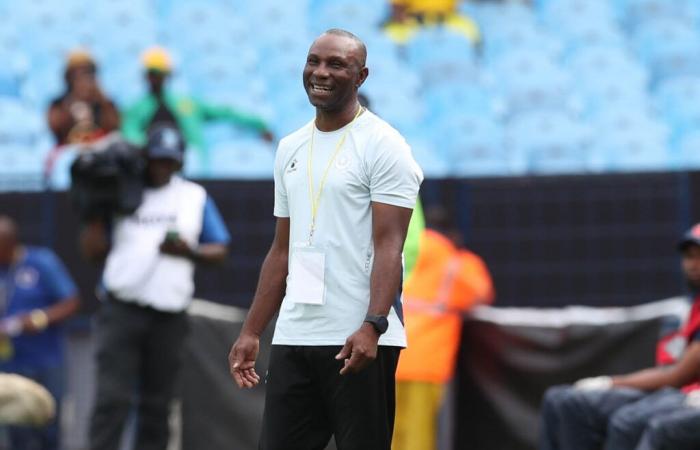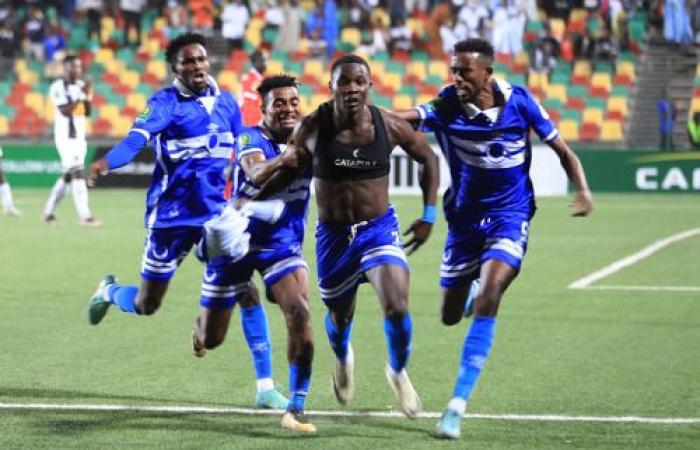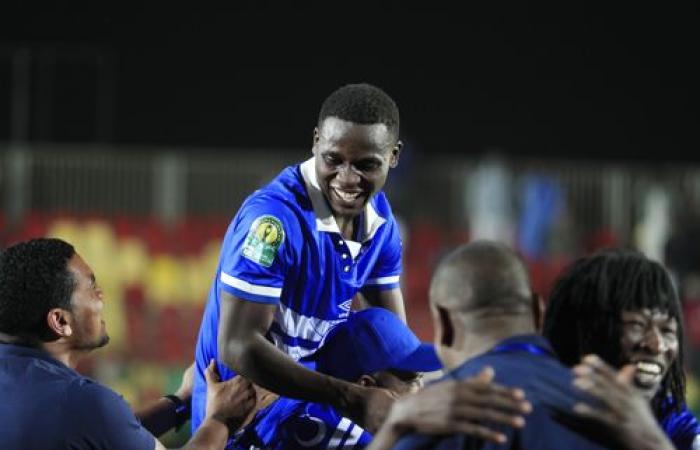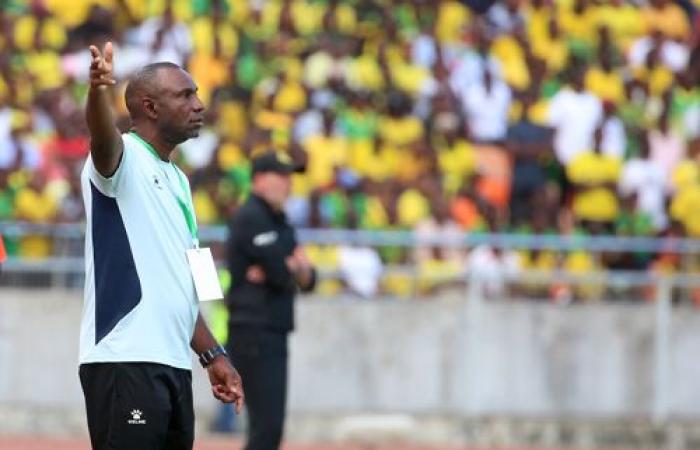Despite the challenges surrounding Sudan, more especially the ongoing civil war currently happening in the nation, head coach of Al Hilal, Florent Ibenge insists that the team’s dedication and hard work is fuelled by making their people proud.
The tactician attributes Al Hilal’s competitiveness to the opportunity offered by Ahmed Yahya to participate in a structured championship in Mauretania
The coach highlights the central role of Al Hilal and Al Merreikh in the success of the national team, qualified for the CAN and at the top of the qualifiers for the 2026 World Cup
Speaking to CAFOnline on the sidelines of this side’s preparation for their next TotalEnergies CAF Champions League group match against MC Alger, Ibenge reflects on the team’s impressive form, life as a coach as well as the challenges faced by the country.
Al Hilal currently top their group in the TotalEnergies CAF Champions League, what do you think attributes to this good form in such a tough competition?
We decided this year that we had to do better than last year [editor’s note: the team was eliminated in the group stage]. From the start, we had set our goal: this year, it was absolutely necessary to qualify for the quarters. We worked for that. It’s a little beyond what we had imagined but our hard work has paid off.
We won all three games, but always with the same thought that nothing has been done yet. Until now, the goal remains to qualify for the rest of the knockout stages.
Sudan is going through a trying period of war. How has this affected your preparations and travels for the games?
A lot, especially last year. This year, it’s a bit less complicated, since we are in Mauritania. We thank the President of the Mauritanian federation, Ahmed Yahya, for his invitation to participate in their Championship.
We are living at a hotel, which is not quite “normal”. Normal is being at home. But at least we can play a championship and remain competitive. I think this also explains our good results in the African Cup of Nations.
What specific strategies have you put in place to keep your players motivated despite external difficulties?
We thought we shouldn’t mix the field and what’s going on outside. Once on the field, you have to give 200%. That’s what we do: we work hard, really hard.
In addition, we listen to the players, playing both the role of father and mother for them. It is an extraordinary group, because despite what they are going through, when they are on the field, they remain focussed, attentive, and give the best of themselves.
Do you think this difficult situation has strengthened the mind and solidarity of your group?
Completely! We used a psychologist during the preparation. He has been very useful to us, and we continue to apply some of the techniques he taught us. It helps us a lot.
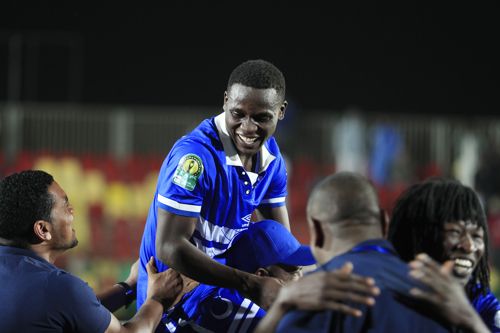
Your experience as a coach has led you to a variety of environments. How was this visit to Sudan unique to you professionally and personally?
On a personal level, I often say: what I will remember when I stop my career are human relationships. These are not necessarily the trophies won, but rather the shared experiences, the adventures lived together. And here, I live a totally different adventure, where we don’t just play football.
We learn every day to manage particular situations. Regarding the work, it is adjusted, because the dynamics are different from last year, when we did not have a championship. The goal is to keep players competitive.
So it is necessary to slightly modify our training methods. This is a learning experience, and it is an extremely rewarding experience.
What message do you want to convey to the Sudanese people who support the team despite the trials?
I would like to tell them that we are constantly thinking about them. Not a day goes by without us having a thought for the Sudanese people, because the situation remains very difficult.
The family of the majority of my players is in Sudan, and we receive news every day. It affects us a lot. For example, recently, one of our players learned that his two brothers had been arrested. In these moments, it is very difficult to live as normal but it also strengthens the solidarity of the group, because everyone supports the person concerned.
Sudanese football is also doing well with the national team qualified for the TotalEnergies CAF African Cup of Nations and at the top of the 2026 World Cup qualifiers group. How do you explain the good form of Sudanese football?
The backbone of the success of Sudanese football is essentially based on two pillars: Al Hilal and Al Merreikh, two clubs that are distinguished by their competitiveness. In terms of the national team, the backbone of the selection is largely made up of players from these two clubs. That is why the better these two clubs do on the continent, the beneficial it is to our senior national team.
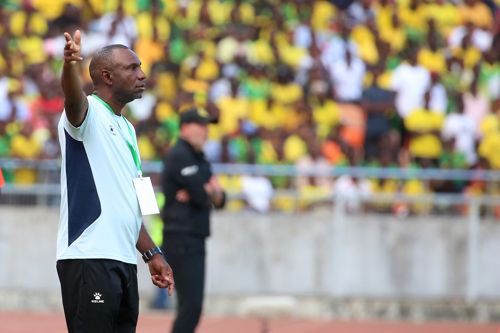
After this impressive group stage phase, what are your goals for the rest of the competition?
The priority is first to qualify for the next phase. Once this goal is achieved, it is necessary to move step by step. We were not among the favourites at the beginning, and we are still not.
However, we managed to be among the last 16 clubs in the running. Now, the ambition is to join the remaining 8 teams. At this point, each game becomes crucial. You have to win to move forward. The short-term goal is ther

